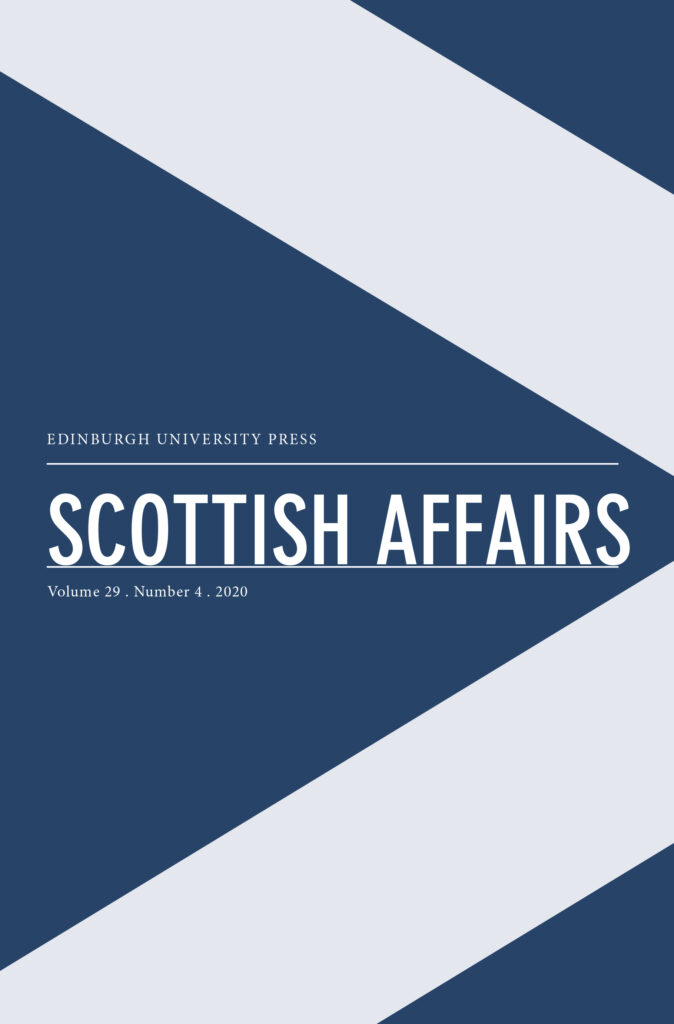
By Suzanne Mooney, Lisa Bunting and Stephen Coulter
If you work in the helping professions across the UK and Ireland, there’s no escaping talk about adverse childhood experiences or ACEs. This discourse has taken hold, shaping policy and practice not only in health and social care but also education, justice and beyond. It is heralded as a significant culture shift which has the potential to re-focus services on people’s lived experience – ‘what happened to you?’, rather than ‘what’s wrong with you?’. However, when considered in a reductionist manner, problems emerge. Critics argue that the ACEs discourse itself obscures the impact of poverty, inequalities and austerity on family life. The language of ‘intergenerational transmission’ simply shifts blame up a generational level and there is little guidance as to how such knowledge might be used in practice.
Attending carefully to these important critiques and attendant risks, this article makes the case that incorporating ACE-awareness within a social justice framework has the possibility of enhancing a relationship-orientation within social work practice. Moving from the language of ACEs or childhood adversity to the wider frame of ‘family life stories’, a practice workbook is introduced as one method of helping social workers talk to parents about difficult times when they were young.
The Family Life Stories workbook and practitioner guidance emerged from a pilot ACEs initiative in Northern Ireland, and was designed specifically for child welfare practitioners. By using participative mapping activities, such as genograms and timelines, it helps practitioners have sensitive and purposeful conversations with parents about early life experiences, many of whom are known to have suffered multiple adversities themselves. Based on systemic and narrative therapeutic principles, the practice guidance gives advice about how to use the activities with parents in ways that do not elicit shame or blame but do open up new ways of understanding the influence of past experience on their life now – recognise and build on strengths and resources – and help build hope and plan for the future.
We hope our recent article in Scottish Affairs, the workbook and practitioner guidance brings another critical, practice-focused lens to the ACEs discourse, providing tested theory and practice tools that can be adapted and used by practitioners across a range of contexts.
Suzanne Mooney is a Lecturer in Social Work, Queen’s University Belfast where she co-leads the multidisciplinary systemic practice and family therapy programmes. Her practice and research interests include understanding the influence of poverty and adversity across the life course, service improvement and trauma-informed care.
Scottish Affairs is Scotland’s longest running journal on contemporary political and social issues and is widely considered the leading forum for debate on Scottish current affairs. Articles provide thorough analysis and debate of Scottish politics, policy and society, and is essential reading for those who are interested in the development of Scotland. Find out how to subscribe, or recommend to your library. You can also sign up for Table of Contents alerts.






